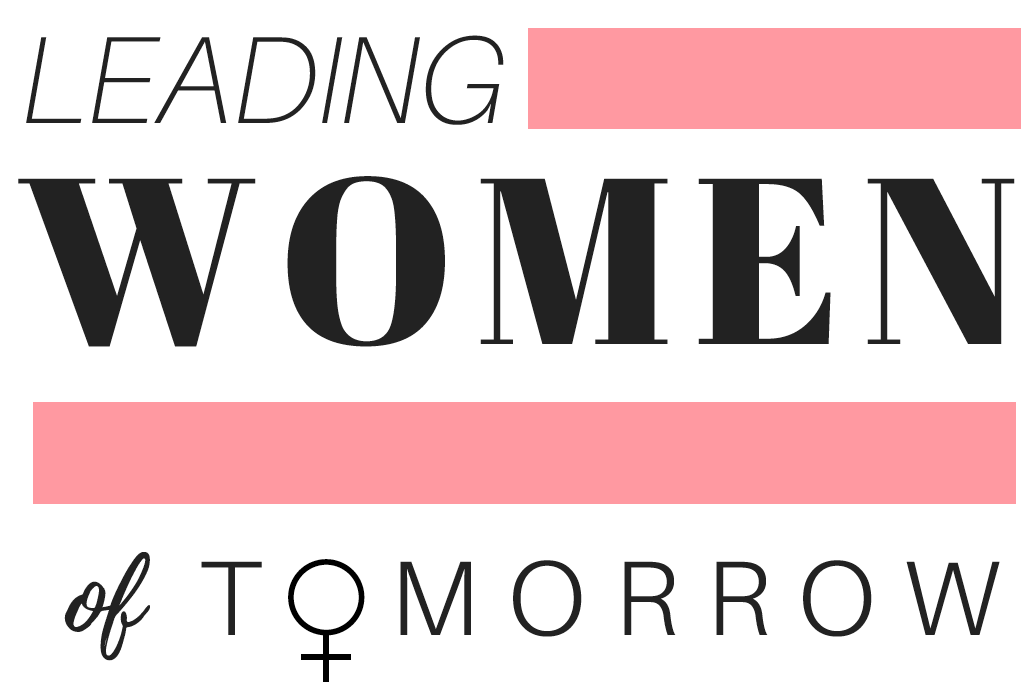Feminist Survival Guide: How Women Studies Teaches Us to Weather the Storm
SOURCE: Tim Mossholder on Unsplash
Somehow, over a year has passed since my college graduation. When I walked across that stage, I was confident the year to come would unfold beautifully. I worked hard, overcame every obstacle I encountered, and was ready to put my knowledge, and Duracell battery levels of drive to work! But somehow, we ended up here in the middle of a pandemic where all semblance of normalcy and structure has been thrown out the window. My work as a freelance writer is less than stable, my student loans are breathing down my neck and I am continuously redefining the structure of my life. In the midst of this chaos and instability I’ve realized something. Among the innumerable lesson women studies taught me, it taught me how to survive. It is these messages of resilience and hope that I chose to share with you today. Women studies has been the light in my darkness, I hope it can offer you some light too.
The Resilience of Hope
One of the lessons women studies taught me is that humans have a propensity to struggle turbulently and regularly. While struggle may be inherent to human nature, it as all things, has a shadow. In order for one to recognize darkness, one must have seen light. Women studies unveils in the most poetic way the innate human quality of hope. In the face of instability and struggle our capacity to hope has always proven equal to or greater than it’s advisory. It is that primal sensation, that intimate mix of endurance and faith that sustains us through the deepest human tragedies. It gives us reason to keep pushing. It’s tenacious and irrepressible nature is the spark that ignites change. That is what I cling to now, as we weather this storm.
SOURCE: Shelby Ireland on Unsplash
2. The Passage of Time
The second lesson is one of peace. Time travel is not within our capacity. While the seconds of our lives only move in a forward direction, we possess the power to change our trajectory. Chicana feminist writer Gloria Anzaldúa developed a philosophy about this ideology of purposeful growth. In essence, it states that we cannot fix the past, nor can we shrink back into the person we were or the life we lived. The solution is to forgo time travel, and piece together what we have learned in order to consciously evolve. Human nature is not exempt from the march of time or the evolution of all things. If we can learn to flow rather than fight, we can harness our power. As with most lessons, this is easier said than done. But it is a philosophy I am employing during this time so that I may make the best of it, but more importantly, make peace with it.
3. Humans are more Alike than Different.
The last lesson is that we are not alone. It took all four years of study for me to understand this. After my first class in women studies, I was floored. This subject that I had stumbled upon simply because it fit my time schedule, articulated my identity. It spoke truths I had never released and told stories I kept to myself. It showed me that who I was, how I felt, and what I knew internally mattered. It mattered so much that it was an academic field of study nearing its 50th anniversary of academic legitimation. This validation and paradigm shift taught me that what we often believe to be abnormal about ourselves is quite the opposite. It is that precise trait that holds the power to unify. We as humans are similar in more ways than we can possibly imagine, and that includes our innate feeling of vulnerability. Vulnerability has both the power to encase us and free us. The role it plays in our lives is our choice. If we choose to fear it and recede into ourselves, we reject self-acceptance and human connection. But if we have the strength to release the things that make us most human, freedom and community are the light to be found at the end of the tunnel. I’ve spent my entire life up until this point believing societal illusions and internalizing forms of self-oppression. But once I learned to stoke my spark rather than suffocate it, I came home to myself and my people. What makes us weird, makes us human; And in that vulnerable human nature we are not alone, nor have we ever been. It is only in this state of acceptance that we can truly connect with each other.
I did not realize it at the time, but women studies taught me how to survive. During our studies we gazed upon some of the darkest human tragedies, the deepest divisions, and the sturdiest of adversities. Yet, we were not consumed by pain and defeat. We taught our eyes to see hope in all things, so that we may rally for change and remain confident that there is always more life to live. We coaxed our hearts into finding peace, as it is this internal reckoning that allows us to continue. Lastly, we taught our mouths to speak truth, as truth is the siren song that allows us to find each other. Women studies proved to be my saving grace. These lessons led me home; more than that they gave me the blueprint for the structure and peace I sought. I hope by sharing my feminist survival guide, you too may find solace during this time.


